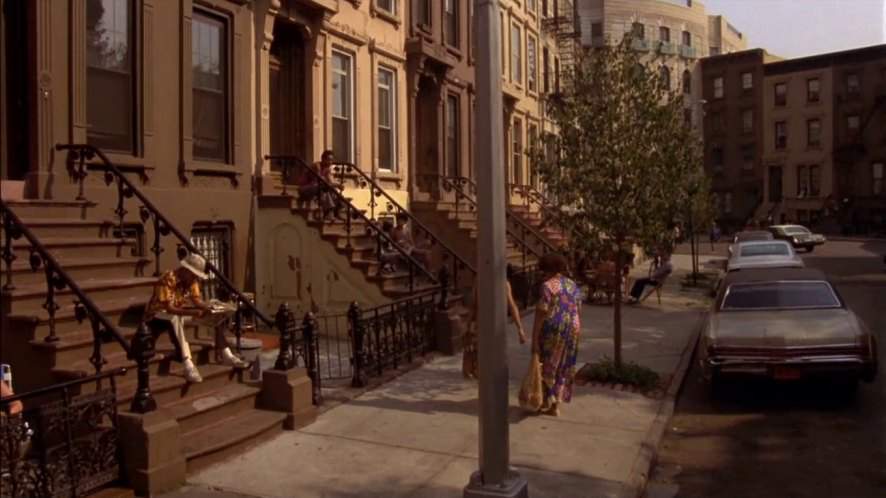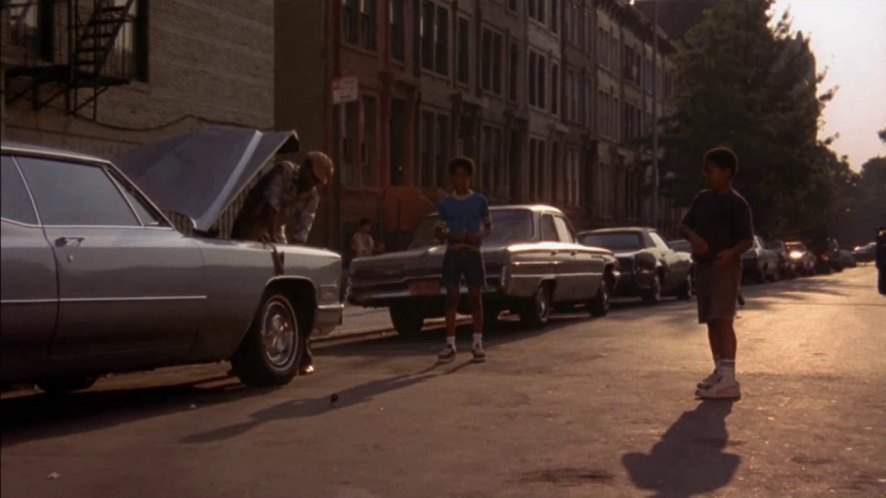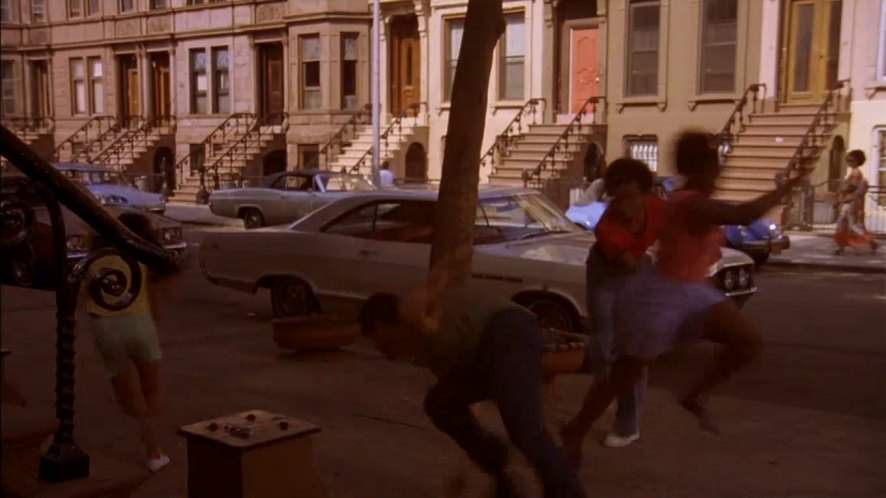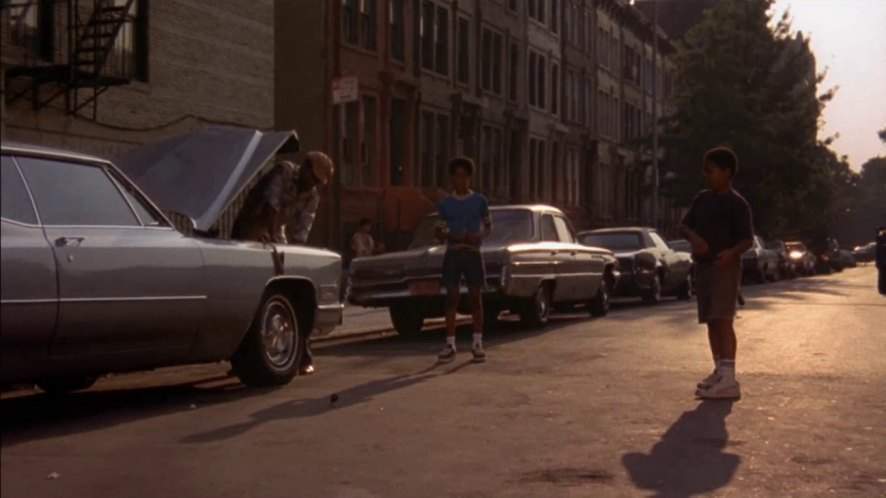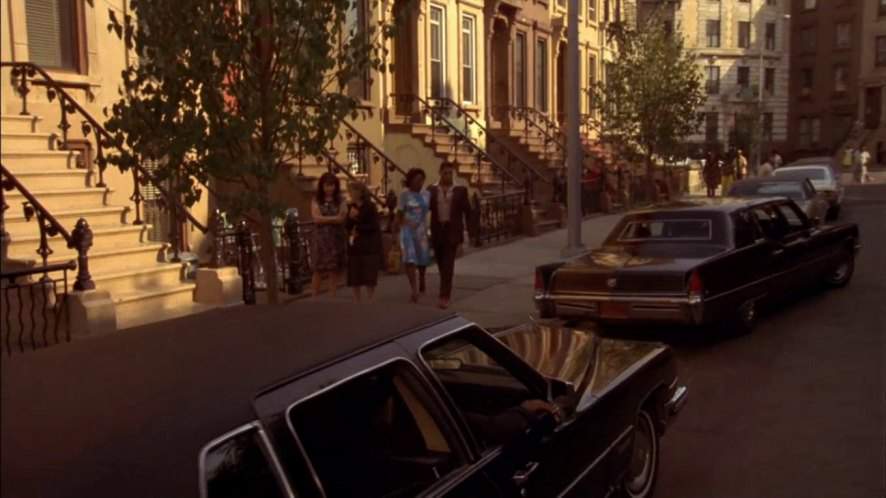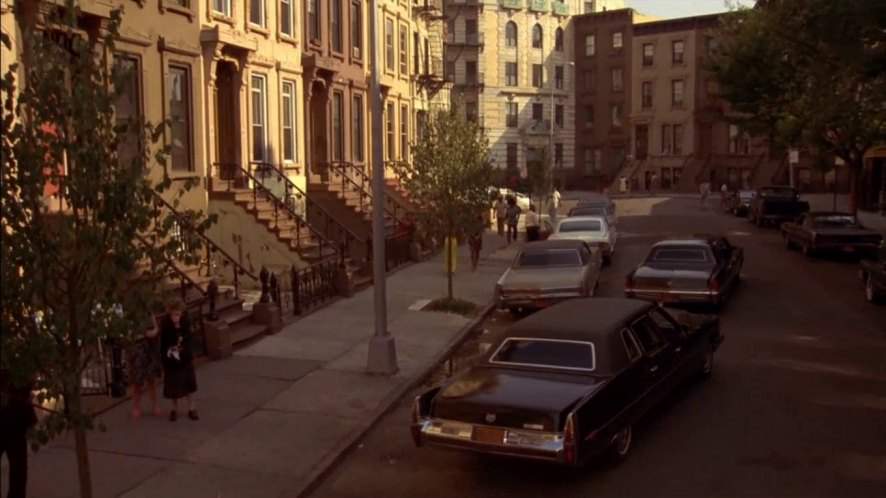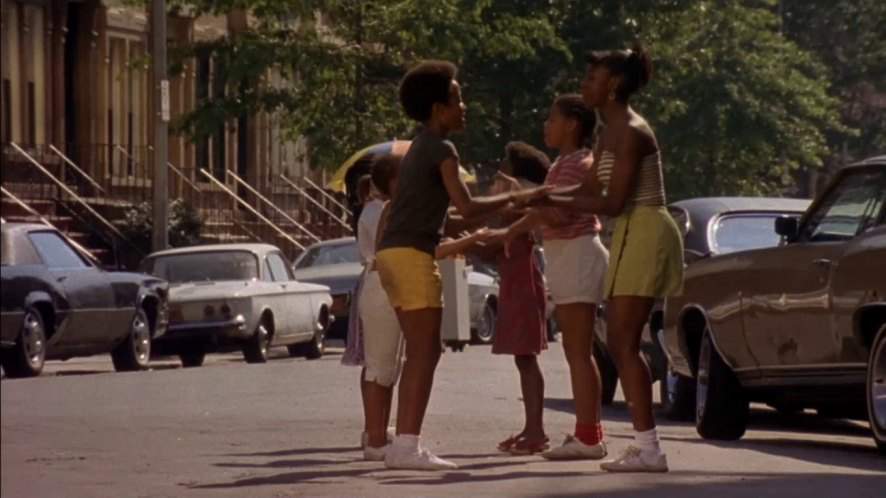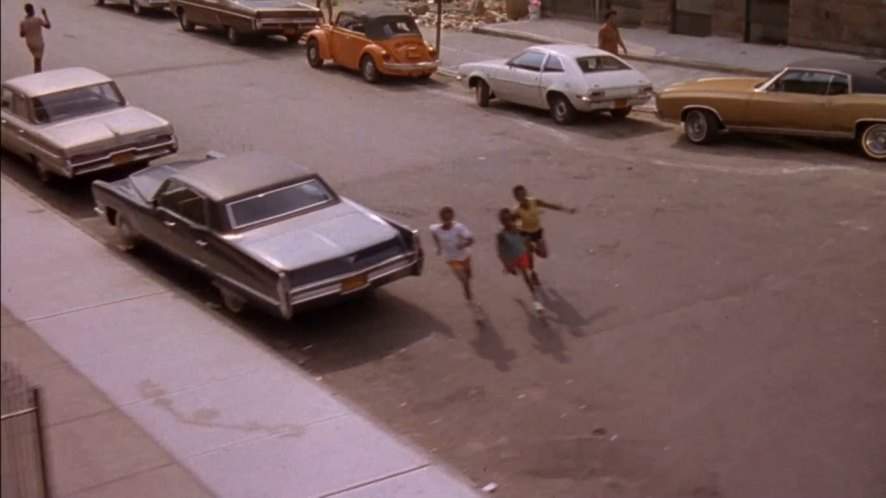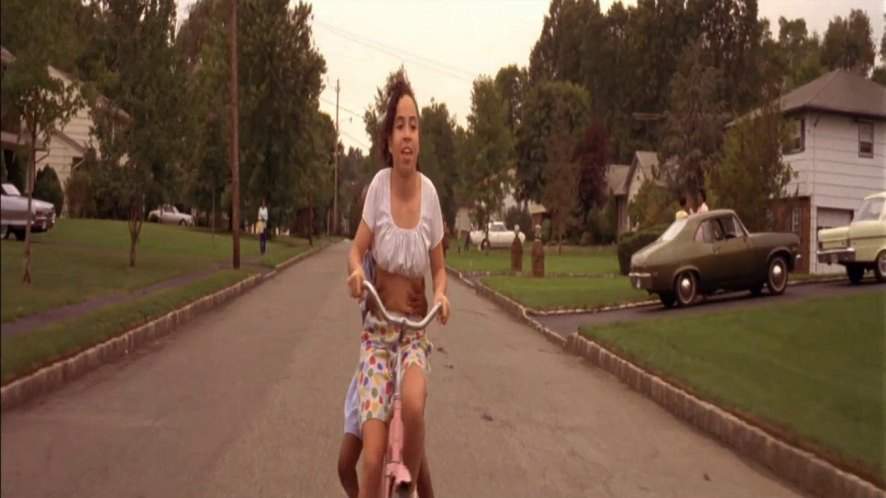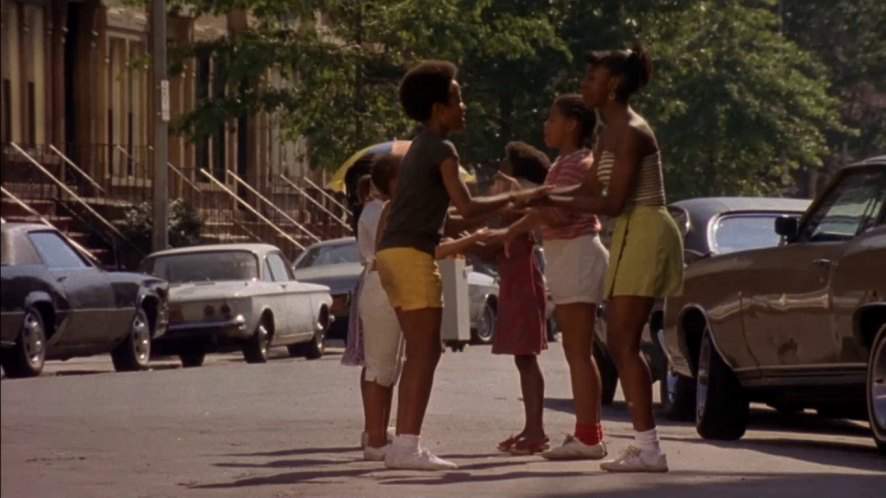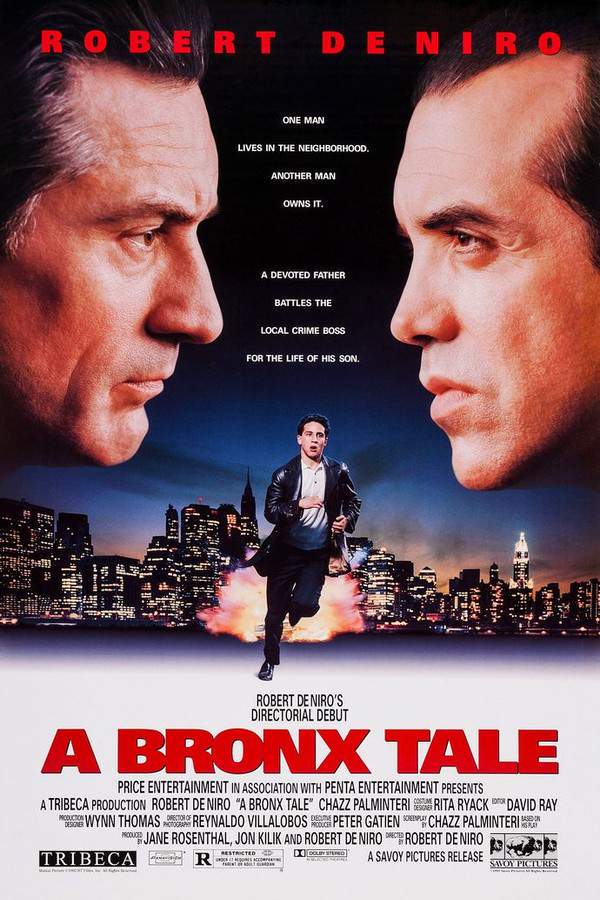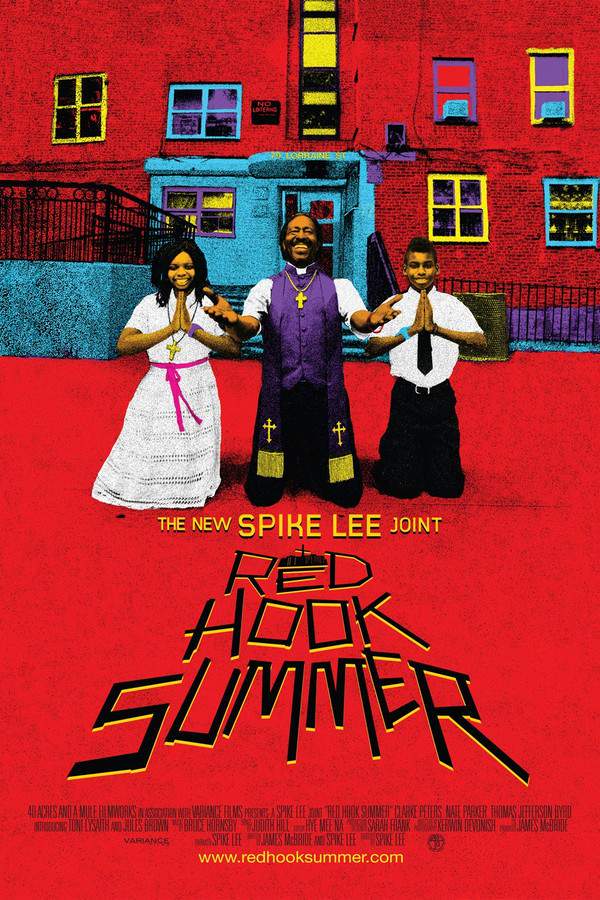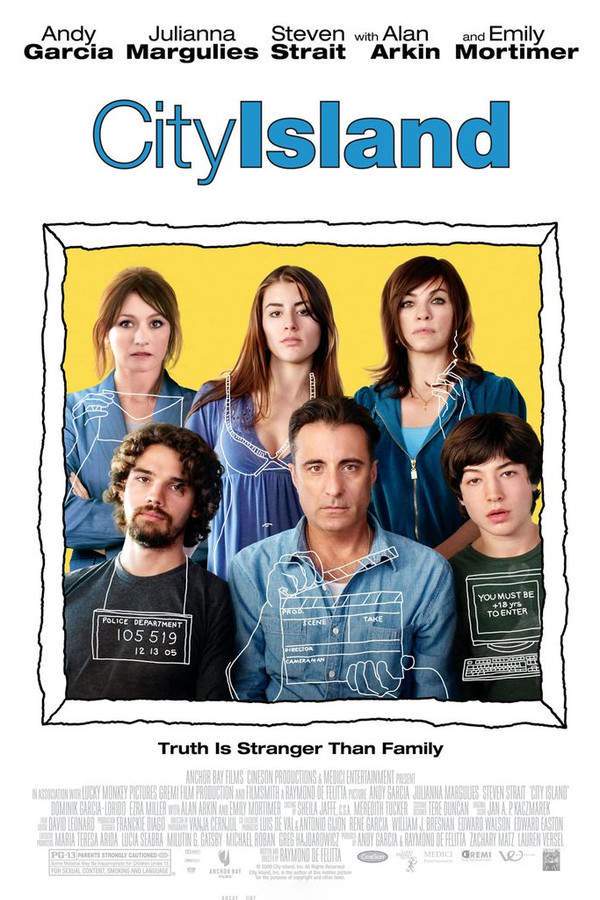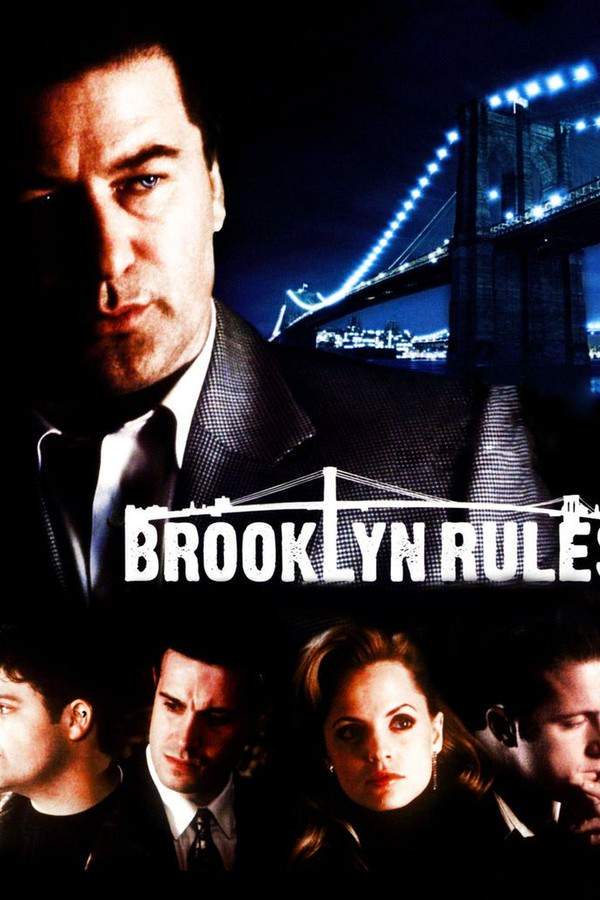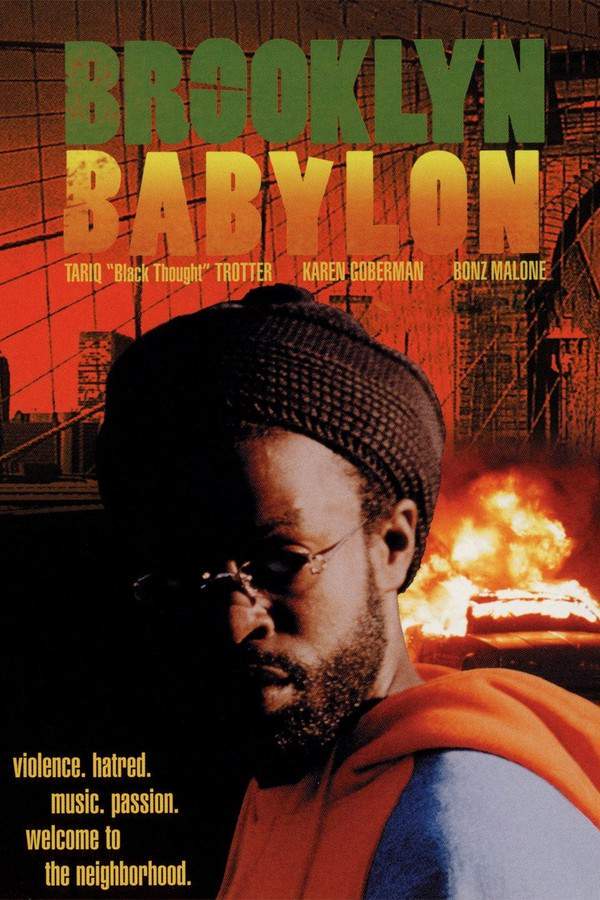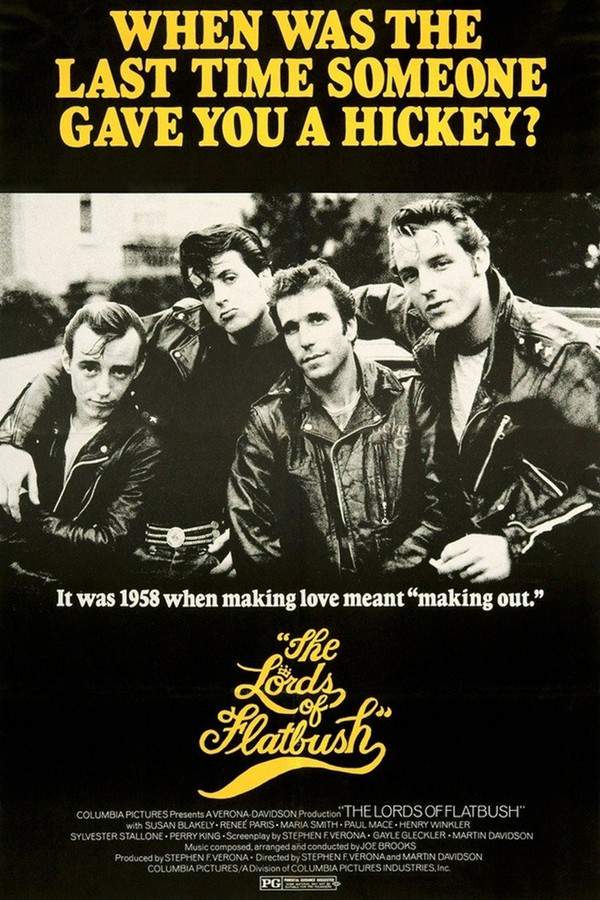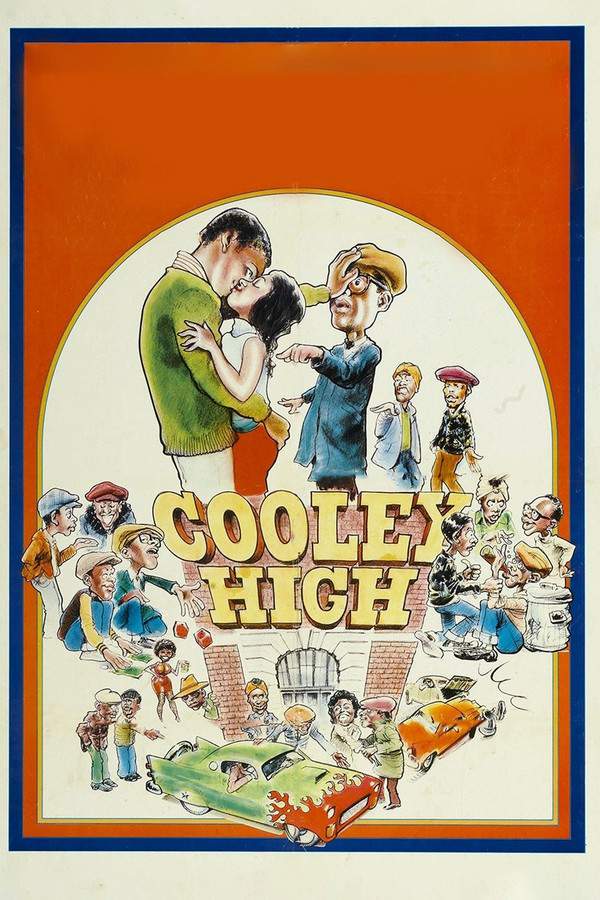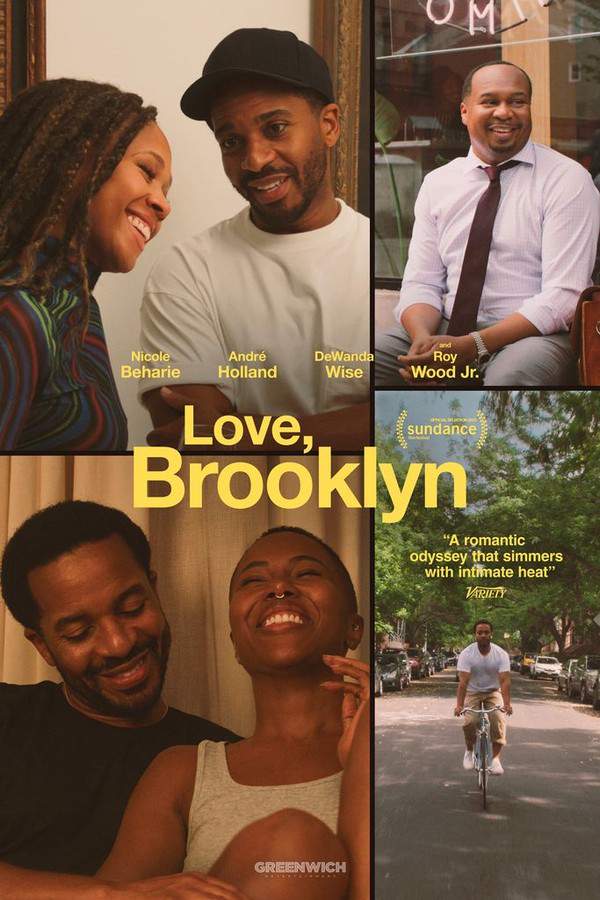Crooklyn 1994
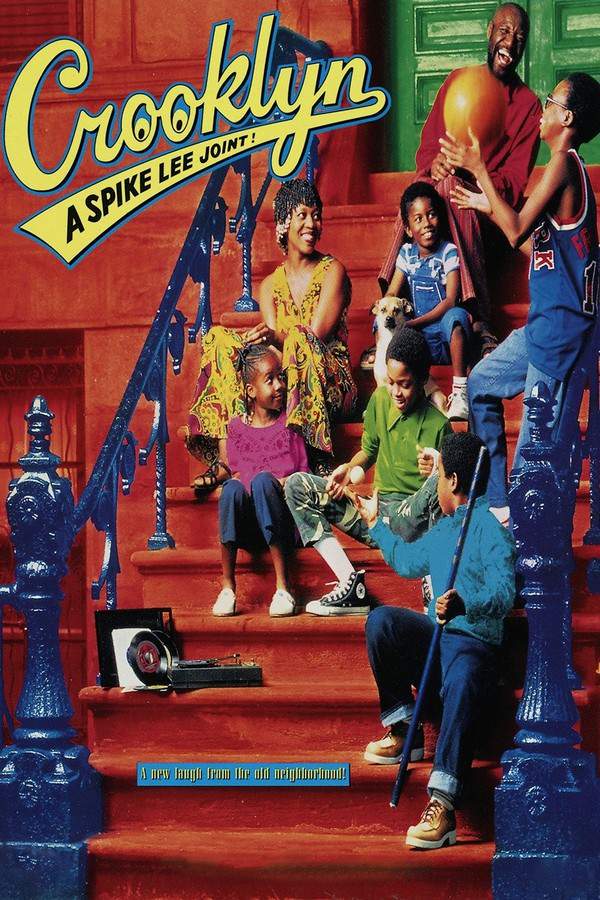
A humorous and heartfelt look at family life, this film follows the Carmichael family as they experience a memorable summer in Brooklyn. The spirited mother and her jazz-loving husband work to raise their children, encountering both joyful moments and relatable challenges along the way. The story explores the dynamics of a close-knit family, showcasing the love, laughter, and everyday struggles that define their lives in the vibrant neighborhood of Crooklyn.
Does Crooklyn have end credit scenes?
No!
Crooklyn does not have end credit scenes. You can leave when the credits roll.
Meet the Full Cast and Actors of Crooklyn
Explore the complete cast of Crooklyn, including both lead and supporting actors. Learn who plays each character, discover their past roles and achievements, and find out what makes this ensemble cast stand out in the world of film and television.
External Links and Streaming Options
Discover where to watch Crooklyn online, including streaming platforms, rental options, and official sources. Compare reviews, ratings, and in-depth movie information across sites like IMDb, TMDb, Wikipedia or Rotten Tomatoes.
Ratings and Reviews for Crooklyn
See how Crooklyn is rated across major platforms like IMDb, Metacritic, and TMDb. Compare audience scores and critic reviews to understand where Crooklyn stands among top-rated movies in its genre.

65
Metascore
6.7
User Score


79%
TOMATOMETER

90%
User Score

7.0 /10
IMDb Rating

68
%
User Score
Take the Ultimate Crooklyn Movie Quiz
Challenge your knowledge of Crooklyn with this fun and interactive movie quiz. Test yourself on key plot points, iconic characters, hidden details, and memorable moments to see how well you really know the film.
Crooklyn Quiz: Test your knowledge of the heartfelt and chaotic family dynamics in the film Crooklyn.
Who is the head of the Carmichael family?
Woody
Tony Eyes
Vic Powell
Clinton
Show hint
Full Plot Summary and Ending Explained for Crooklyn
Read the complete plot summary of Crooklyn, including all major events, twists, and the full ending explained in detail. Explore key characters, themes, hidden meanings, and everything you need to understand the story from beginning to end.
Set in the early 1970s in a racially diverse neighborhood of New York City, the story follows nine-year-old Troy, portrayed by Zelda Harris, alongside her older brothers, Clinton (Carlton Williams), Wendell (Sharif Rashed), and Nate (Chris Knowings), as well as her younger brother, Joseph (Tse-Mach Washington). The family dynamic unfolds as their father, Woody (Delroy Lindo), calls them in by playing his horn for dinner. Their mother, Carolyn (Alfre Woodard), emphasizes the importance of the children contributing to household chores, showing the family’s traditional roles.
As dinner progresses, tensions arise related to their neighbor, “Tony Eyes” (David Patrick Kelly), whose incessant singing disrupts their family time. The children’s personalities emerge, highlighted by a humorous yet poignant argument where Clinton boldly states, > “I’d rather have a father than a mother any day.” Meanwhile, the negative influence of local drug dealers Snuffy (Spike Lee) and Right Hand Man (N. Jeremi Duru) comes into play, setting a backdrop of neighborhood struggles.
The story captures playful moments among the children, showcasing their carefree adventures—such as playing a baseball board game on the stoop and engaging in petty rivalries with neighborhood boys. Troy’s interactions lead to comedic conflicts, like her encounter with Greg (Peewee Love), which further illustrate the innocent yet tumultuous nature of childhood.
As the narrative unfolds, we observe family chaos when Woody returns home with treats, causing playful disputes at the dinner table that lead to unexpected humor and chaos, ultimately capturing the familial love intertwined with the everyday challenges they face. Carolyn’s authoritative presence is tested when she demands respect and obedience from her children, leading to a significant argument with Woody that results in their sorrows spilling over as boundaries blur and emotions rise.
In subsequent scenes, Troy’s adventurous, mischievous side leads her to interactions that reflect the duality of childhood innocence and the harsh realities of adult life—like witnessing theft in the neighborhood store and coping with a troubled family dynamic. The story escalates with the introduction of serious themes, including Carolyn’s illness, which adds depth and urgency, pulling Troy into a world of adult responsibilities and emotional struggles she is not yet equipped to handle.
As Carolyn finds herself in a hospital bed, Troy grapples with an adult perspective on loss and resilience, leading to a heart-wrenching realization of familial love amidst pain. The climax of the film highlights crucial moments, such as Troy confronting neighborhood bullies after her mother’s passing, showcasing her emerging strength and a sense of protection for her brothers.
Ultimately, the poignant conclusion reveals the evolving dynamics of Troy’s family as they navigate their grief, marking a bittersweet yet hopeful look at childhood, memory, and survival while bringing strong emotional resonance through a child’s eyes. In a profound final interaction, Troy embodies her mother’s spirit by caring for her brother as they reminisce about how Carolyn impacted their lives, solidifying the film’s powerful message about family persevering together in the face of life’s adversities.
Uncover the Details: Timeline, Characters, Themes, and Beyond!

Coming soon on iOS and Android
The Plot Explained Mobile App
From blockbusters to hidden gems — dive into movie stories anytime, anywhere. Save your favorites, discover plots faster, and never miss a twist again.
Sign up to be the first to know when we launch. Your email stays private — always.
Watch Trailers, Clips & Behind-the-Scenes for Crooklyn
Watch official trailers, exclusive clips, cast interviews, and behind-the-scenes footage from Crooklyn. Dive deeper into the making of the film, its standout moments, and key production insights.
Cars Featured in Crooklyn
Explore all cars featured in Crooklyn, including their makes, models, scenes they appear in, and their significance to the plot. A must-read for car enthusiasts and movie buffs alike.
Crooklyn Themes and Keywords
Discover the central themes, ideas, and keywords that define the movie’s story, tone, and message. Analyze the film’s deeper meanings, genre influences, and recurring concepts.
Crooklyn Other Names and Titles
Explore the various alternative titles, translations, and other names used for Crooklyn across different regions and languages. Understand how the film is marketed and recognized worldwide.
Similar Movies To Crooklyn You Should Know About
Browse a curated list of movies similar in genre, tone, characters, or story structure. Discover new titles like the one you're watching, perfect for fans of related plots, vibes, or cinematic styles.
Quick Links: Summary, Cast, Ratings, More

What's After the Movie?
Not sure whether to stay after the credits? Find out!
Explore Our Movie Platform
New Movie Releases (2026)
Famous Movie Actors
Top Film Production Studios
Movie Plot Summaries & Endings
Major Movie Awards & Winners
Best Concert Films & Music Documentaries
Movie Collections and Curated Lists
© 2026 What's After the Movie. All rights reserved.















